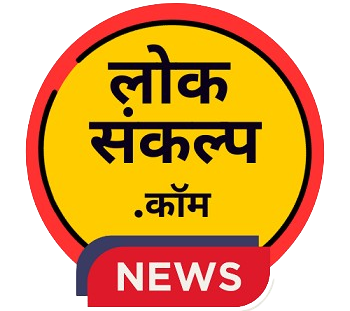a) LokSankalp is committed to maintaining the highest standards of accuracy in all of its content. We employ rigorous fact-checking processes that involve investigating claims with skepticism, questioning assumptions, and challenging conventional wisdom.
b) Our commitment to accuracy is fundamental to our reputation and the trust of our audiences. The term ‘due’ signifies that the accuracy must be adequate and appropriate to the output, considering the subject and nature of the content. We explicitly mention any constraints that may influence accuracy expectations.
c) All our output, relevant to its content and nature, is well-sourced, based on available evidence, and corroborated. We strive to be transparent about what we don’t know and avoid unfounded speculation.
d) LokSankalp journalists do not engage in deliberate plagiarism or distort facts or context, including knowingly using incorrect visual information.
e) We seek independent verification from sources, especially for claims, information, and allegations made by public officials or individuals with an agenda beyond truthfully reporting facts. Unverified claims, allegations, material facts, and other content are typically attributed.
f) LokSankalp stands by the accuracy of the information it publishes. If proven otherwise, we promptly correct the news item or information. We do not knowingly mislead our audiences and take immediate corrective action for serious factual errors.
g) We provide the public with a fair opportunity to report any inaccuracies or errors in our reporting through the ‘Suggest A Correction’ section at the end of every web story.
h) Our journalists’ primary responsibility is reporting, writing, and fact-checking stories. Stories undergo review by one or more editors, with a multi-level fact-checking structure for stories that require due diligence.
Correction Policies
While LokSankalp.com strives for excellence and accuracy, acknowledging the occasional possibility of errors, the following steps are outlined for achieving the goals of accuracy, transparency, and excellence:
Readers:
- If a reader identifies an error, they should contact the editor-in-chief, [Editor’s Name], immediately via email at [editor@email.com] with the subject line “Correction Needed.”
- Corrections should include the correction details, the issue date or number, where the correction was observed (in print, online, etc.), the reader’s name, and contact information.
- Readers should provide correct information and a source if applicable.
LokSankalp.com:
- Once made aware of an error, the editor-in-chief will investigate using the provided information, meeting minutes, recordings, and other available sources.
- If an error is confirmed, corrections will be issued in print, online, and social media platforms where the incorrect information was disseminated.
- Corrections in print will be published on page 2A in the next issue, denoting the issue, article, and correction details.
- Online articles will be corrected, and an editor’s note will be added to the bottom of the article.
- Social media posts will be updated with a link to the corrected article and a note about the correction.
- The editor-in-chief will contact the reader who submitted the correction to inform them of the corrective actions.
This Fact-Checking Policy and Correction Policies are effective as of [02-12-2023].
